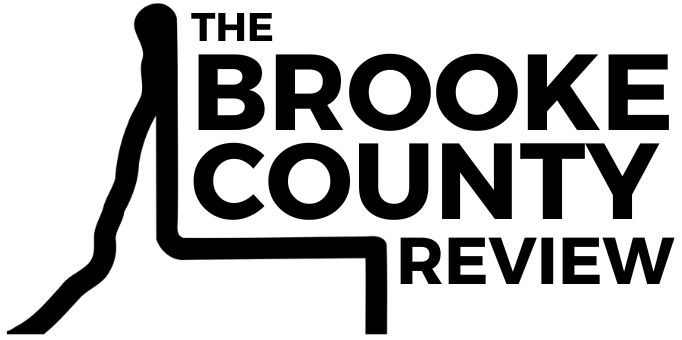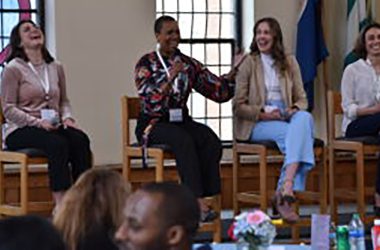Financial planning is about helping individuals and families make sound financial decisions that enable them to achieve their life goals. When financial planners provide these services to diverse clients, they help bridge the gaps between different communities.
A growing body of research shows that minority communities in the United States are both increasing in size and building greater wealth. However, studies have also found persistent racial gaps in wealth, financial literacy and access to or use of professional financial advice.
The Financial Industry Regulatory Authority (FINRA) has found, for example, that African American and Hispanic individuals tend to score lower on financial literacy tests than Asian American and White test takers. African American and Hispanic adults are also more likely to experience unexpected drops in income, be unbanked or underbanked, and have difficulty making ends meet or saving for future expenses, according to FINRA.
Certified Financial Planner professionals play a vital role in helping to close those gaps. CFP professionals guide clients through building wealth, managing financial challenges and securing their families’ financial futures. Depending on the client, that work could be as simple as helping a family create and stick to a monthly budget, or as complex as developing a diversified investment strategy to save for retirement. In either case, a CFP professional helps their clients build financial knowledge along with their wealth — both of which can lead to greater equality among diverse communities.
Thousands of CFP professionals around the country also partner with organizations that provide free, quality personal financial advice to individuals who cannot otherwise access financial planning services. The Foundation for Financial Planning, for example, connects volunteer financial planners with individuals and families in need through a variety of programs. These programs provide the many benefits of financial planning to people who might not be able to afford professional financial advice, those who live in an underserved community or those who have other personal challenges.
CFP professionals help to promote financial literacy and awareness of financial planning within their communities, too. Many of them share this knowledge by participating in community events or by leading workshops or other educational programming at community centers. One program offered by Rock the Street, Wall Street has enlisted CFP professional volunteers to provide financial literacy and investment instruction to high school girls and to encourage them to consider financial services careers.
With a career as a Certified Financial Planner professional, you can help improve people’s financial lives and make a real difference in your community. To learn more about what financial planners do and the benefits of a financial planning career, visit CFP.net to download CFP Board’s free “Guide to Careers in Financial Planning.”


